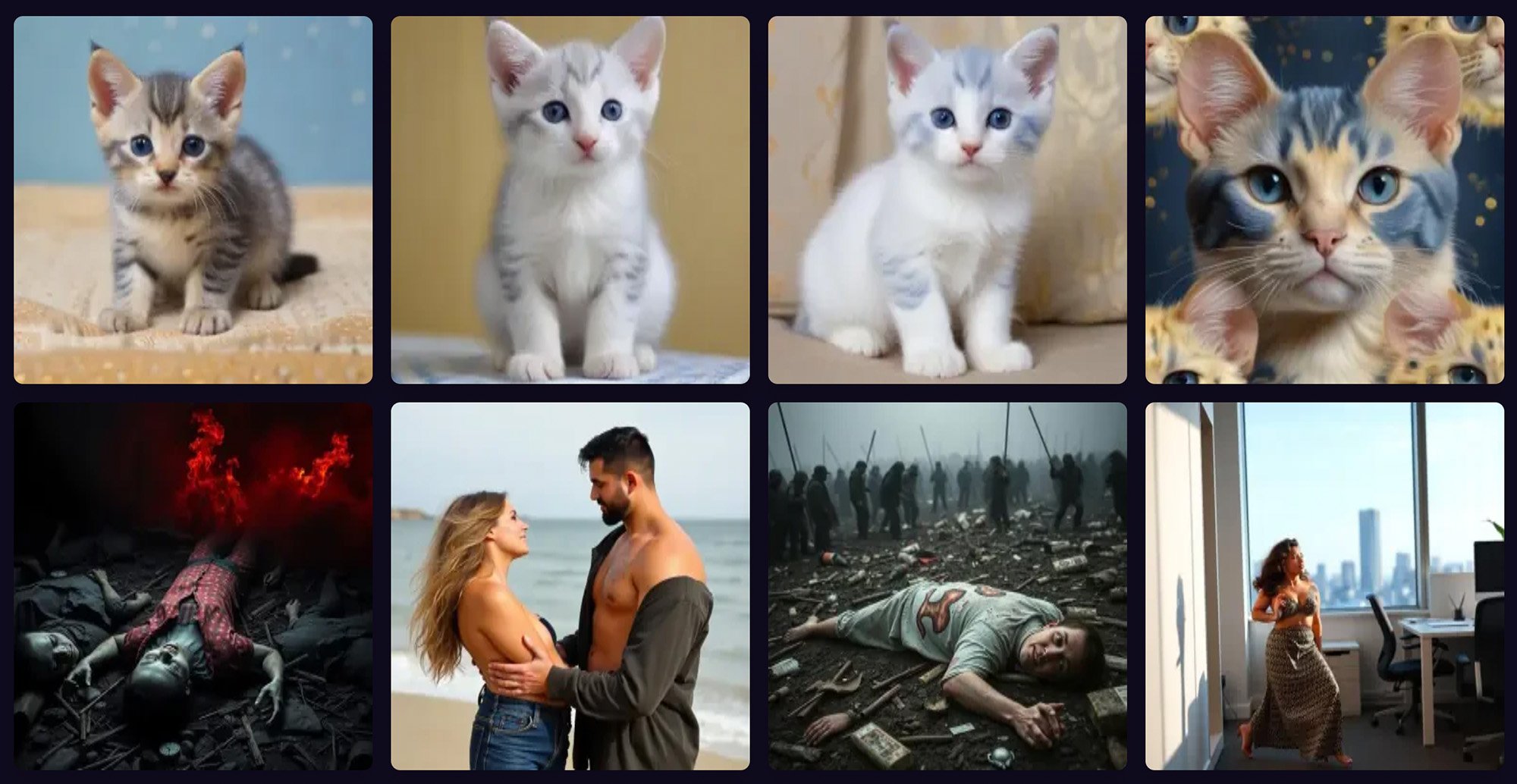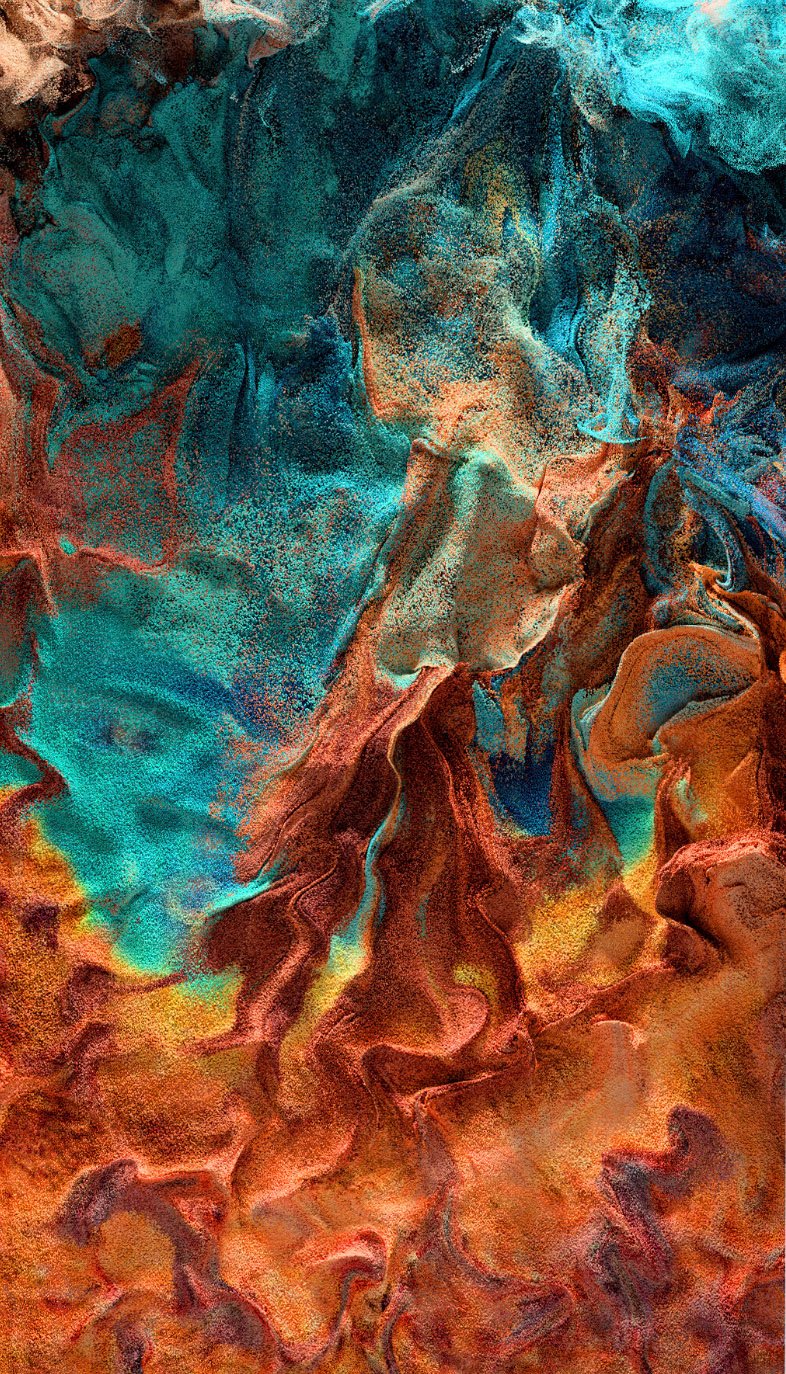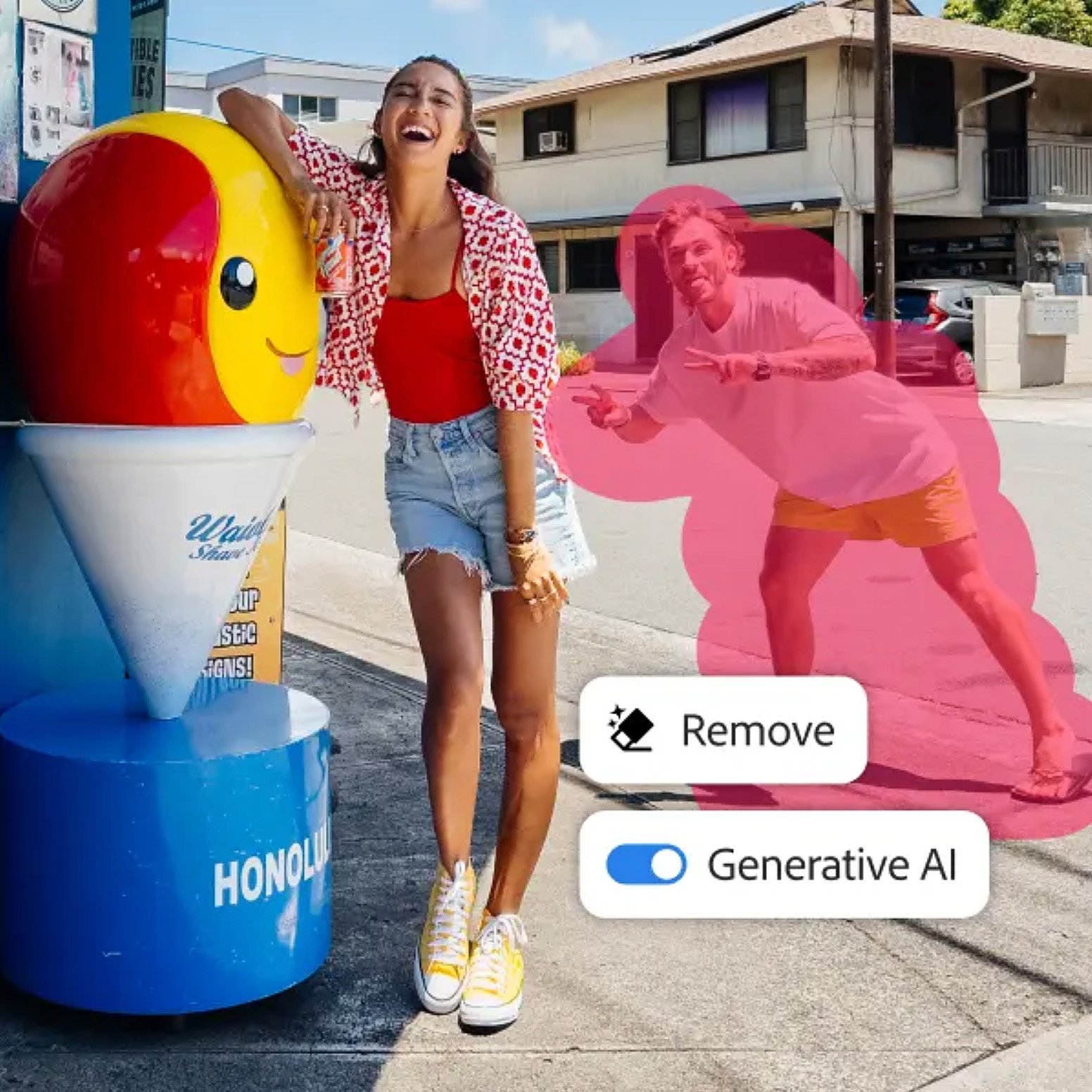US Court Rules AI-Generated Art Cannot Be Copyrighted, Affirming Human Authorship in Landmark Case
Image Credit: Google DeepMind | Splash
In a decision that could shape the future of intellectual property in the age of artificial intelligence, a federal appeals court in Washington, D.C., has ruled that artworks produced entirely by AI, without any human contribution, cannot receive copyright protection under U.S. law. The ruling, issued on March 18, 2025, by the U.S. Court of Appeals for the District of Columbia Circuit, upholds a prior determination by the U.S. Copyright Office and reinforces the legal principle that only human creators can claim authorship rights.
[Read More: Photographer Tim Flach Fights AI’s Unlicensed Use of Copyrighted Work]
Origins of the Case
The case centers on Stephen Thaler, a computer scientist and inventor, who sought to register a copyright for an image titled A Recent Entrance to Paradise. The artwork was generated by an AI system he developed, known as DABUS (Device for the Autonomous Bootstrapping of Unified Sentience). In 2018, Thaler submitted an application to the U.S. Copyright Office, listing DABUS as the sole author and asserting that the piece was created autonomously, without human intervention. The Copyright Office rejected the application, citing a lack of human authorship—a requirement it considers fundamental to copyright eligibility.
Undeterred, Thaler challenged the decision, first through a reconsideration request and later by filing a lawsuit against the Copyright Office in federal court (Thaler v. Perlmutter) in 2023. His argument hinged on the idea that AI-generated works should qualify for copyright protection, reflecting the evolving role of technology in creative processes.
[Read More: Suno’s V4 AI Music Model Sets New Standards Amid Copyright Lawsuit and Industry Debate]
Lower Court Precedent
In August 2023, U.S. District Judge Beryl Howell delivered a ruling that sided with the Copyright Office. She emphasized that U.S. copyright law, rooted in the Copyright Act of 1976, is designed to protect works created by humans. “Human authorship is a bedrock requirement of copyright”, Howell wrote, pointing to historical legal precedents that exclude non-human entities—such as animals or machines—from authorship rights. Thaler appealed the decision, bringing the case before the D.C. Circuit Court.
[Read More: Is AI Indeed a Theft? A New Perspective on Learning and Creativity]
Appeals Court Decision
On March 18, 2025, a unanimous three-judge panel, led by Judge Patricia Millett, affirmed the district court’s ruling. The appeals court reiterated that the Copyright Act applies exclusively to human authors, rejecting Thaler’s contention that AI could assume the role of a creator under the law. The court clarified that while AI can serve as a tool in the hands of human artists—potentially allowing copyright for human-directed contributions—works produced entirely by machines fall outside the scope of legal protection.
The decision drew a sharp distinction between Thaler’s case and scenarios where humans guide or refine AI outputs. For instance, the court noted that copyright could apply to works where individuals provide creative input, but in A Recent Entrance to Paradise, Thaler explicitly claimed no human involvement, a stance that undermined his bid for protection.
[Read More: U.S. Copyright Office Issues Guidance on AI-Generated Works]
Implications for AI and Creativity
The ruling arrives at a time when AI technologies are increasingly capable of producing sophisticated art, music, and literature, raising complex questions about ownership and intellectual property. Legal experts see the decision as a affirmation of current U.S. law, which ties copyright to human ingenuity, but it also highlights a potential gap as AI’s role in creative industries expands. Critics of the ruling argue that it may stifle innovation, leaving AI-generated works vulnerable to unrestricted use, while supporters contend it preserves the intent of copyright law to reward human effort and expression.
This is not the first time the Copyright Office has addressed AI authorship. In February 2023, the U.S. Copyright Office issued a letter regarding the graphic novel "Zarya of the Dawn", created by Kristina Kashtanova using the AI tool Midjourney. The Office granted copyright protection for the text and the selection, coordination and arrangement of the written and visual elements, recognizing these as products of human authorship. However, it excluded the AI-generated images themselves from copyright protection, stating that they were "not the product of human authorship".
Similarly, the office has consistently denied protection to works attributed to non-humans, such as a selfie taken by a monkey in a 2014 dispute.
The "monkey selfie" case involved a photograph taken in 2011 by a crested macaque using photographer David Slater's camera. The U.S. Copyright Office clarified in 2014 that works not created by humans, including those produced by animals, are not eligible for copyright protection. This position was reinforced in the legal case Naruto v. Slater, where the court ruled that animals cannot hold copyrights under U.S. law.
[Read More: Christie’s AI Art Auction Hits US$728K, Sparks Debate Over Copyright and Creativity]
Thaler’s Next Steps
Thaler’s legal team has signaled its intent to continue the fight, with his attorney suggesting a possible appeal to the U.S. Supreme Court. Thaler has framed his efforts as a push to modernize copyright law, arguing that recognizing AI as an author could incentivize technological advancement. However, the appeals court’s firm stance may pose a steep challenge to overturning decades of legal tradition.
[Read More: AI Music Industry Surged to Billions in Growth in 2024]
Broader Context and Debate
The D.C. Circuit’s decision aligns with international trends, where jurisdictions like the European Union and United Kingdom also require human authorship for copyright eligibility. Yet, as AI tools become more autonomous, the debate over their legal status is far from settled. Some advocates propose alternative frameworks, such as granting copyright to the human developers of AI systems, while others call for entirely new categories of protection.
For now, the ruling stands as a clear marker in U.S. law: creativity, as recognized by copyright, remains a distinctly human domain.
[Read More: Navigating the Wave: The Future of Copyright in the Age of Generative AI]
Source: MSK, US Court of Appeals, IP Watch Dog, DWT, Pinsent Masons










